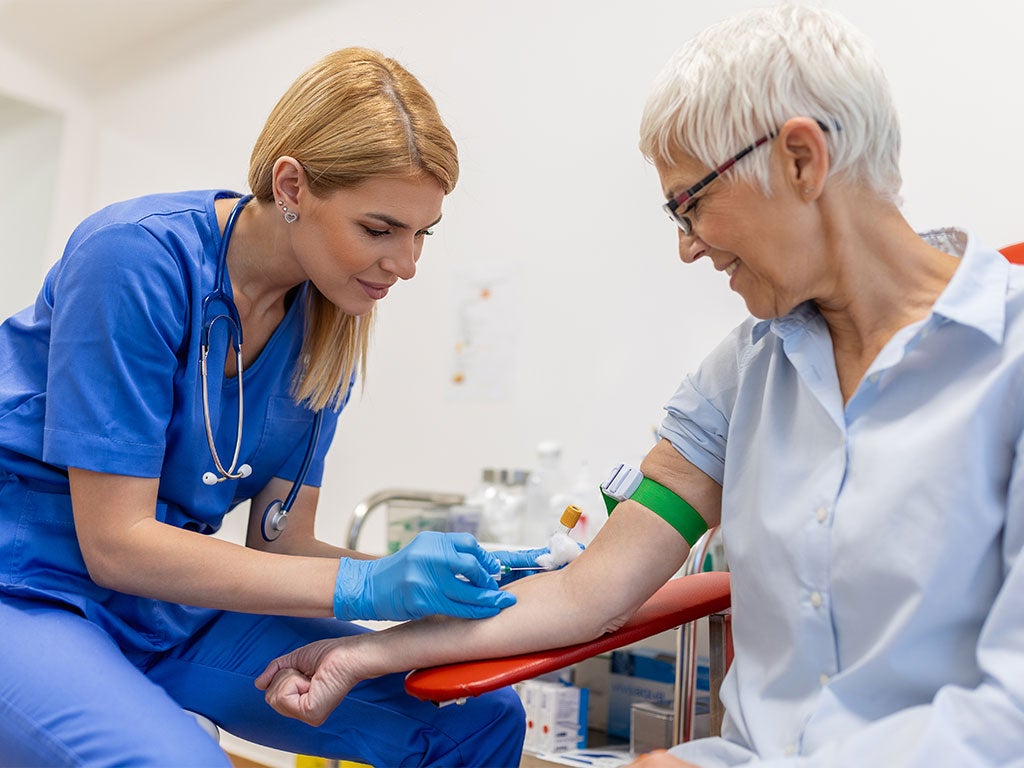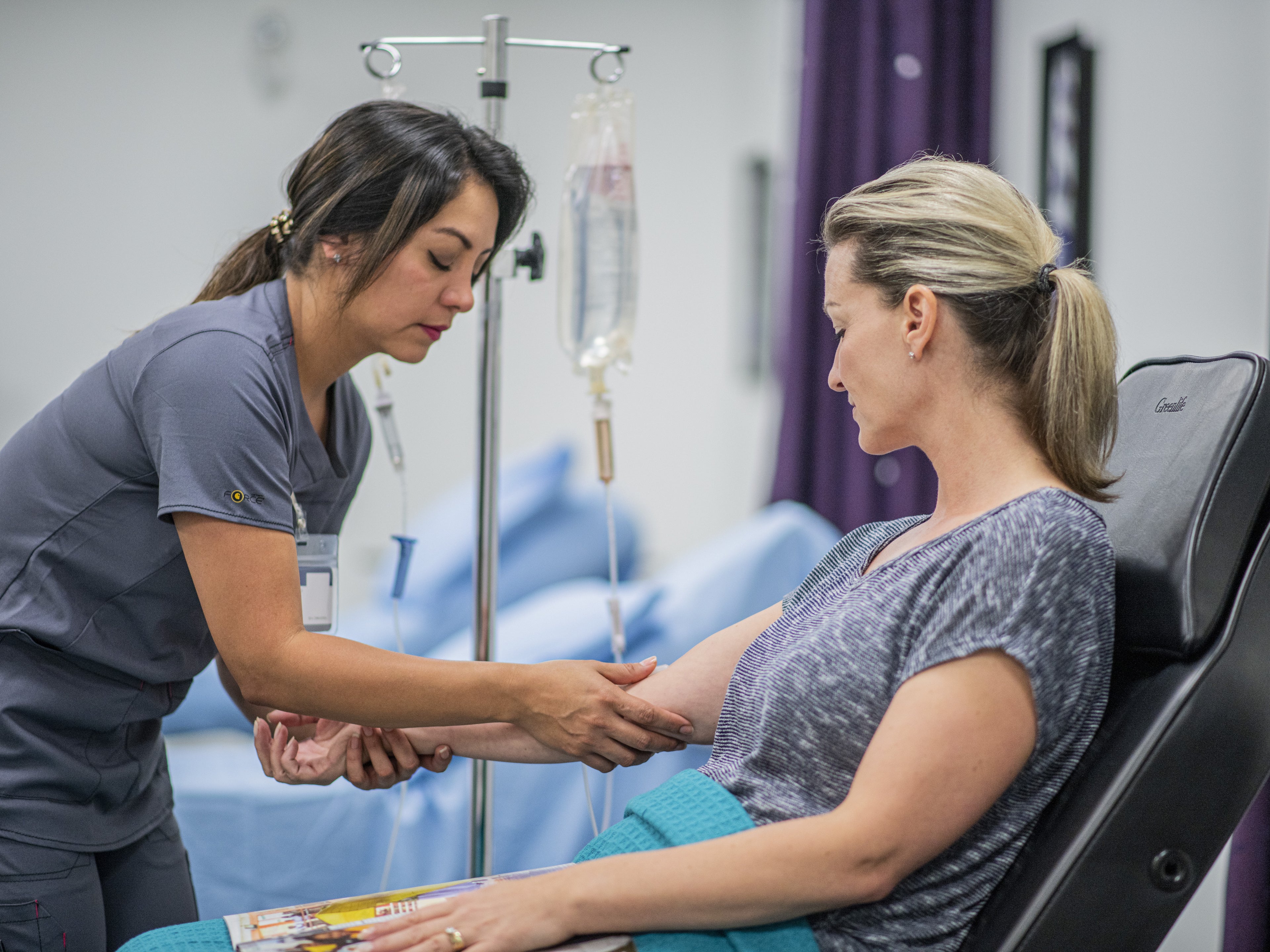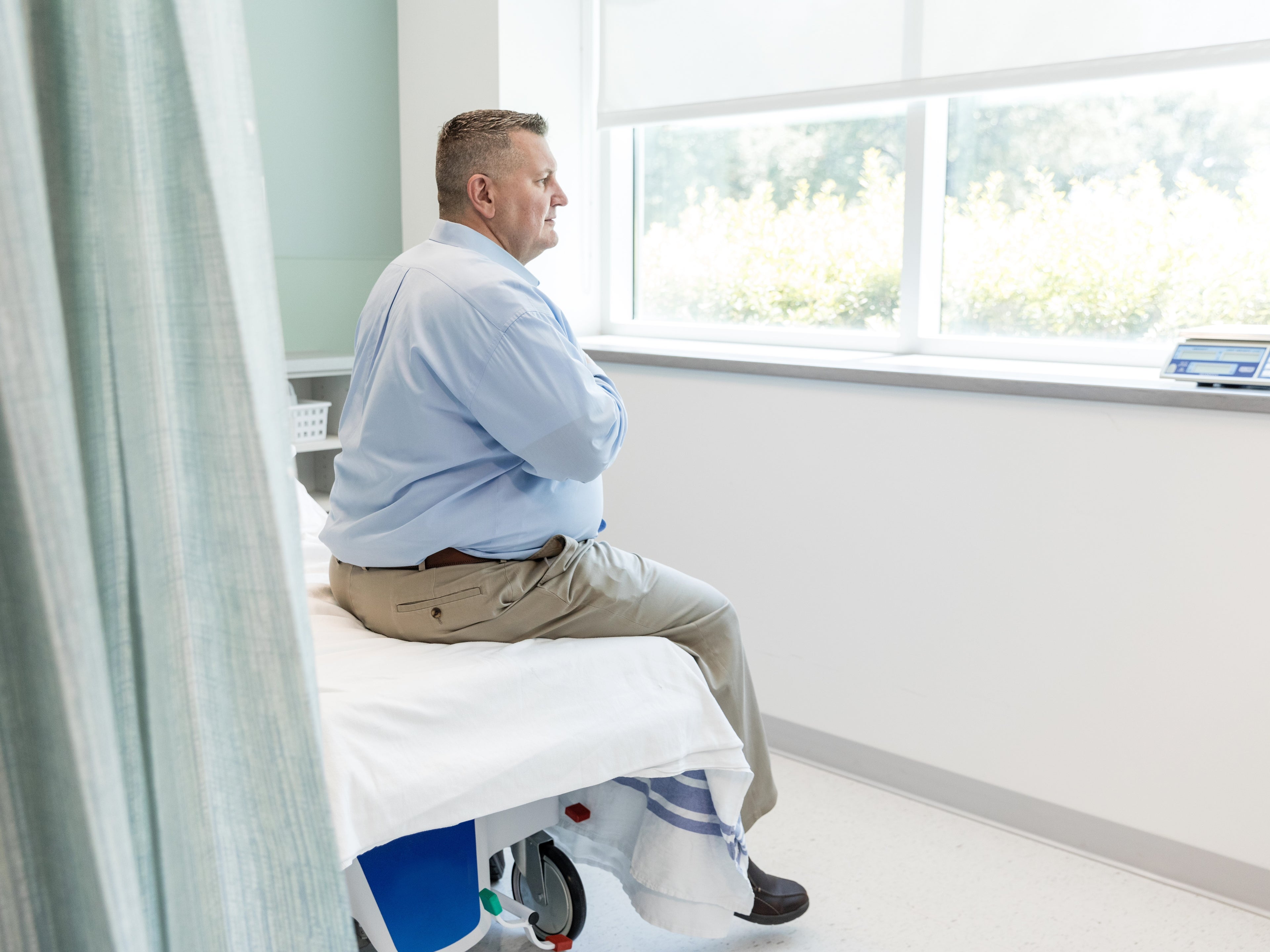Urgent Care Clinics: who’s responsible for follow-up care?
Thursday, 16 January 2025

Medicare Urgent Care Clinics (UCC) have been commissioned by governments across the country to reduce the pressure on emergency departments.
The clinics are designed to treat urgent conditions that do not require an emergency department. The intention is that this will be episodic care with follow-up care provided by the patient’s regular GP.
However, where a patient does not have a regular GP, who is required to provide follow-up care?
Is a UCC to be assessed against the standards of a general practice or an emergency department?
Operational guidance
According to Medicare’s Operational Guidance for Urgent Care Clinics, UCCs should not conduct follow-up care. Patients should be referred to their usual GP for follow-up and the UCC doctor should facilitate this by booking an appointment for the patient with their GP.
Every patient is to be given a discharge summary, and a copy uploaded to My Health Record and sent to their usual GP electronically within 24 hours.
Test results need to be reviewed and actioned within 24 hours by a clinician. Patients must be notified of abnormal test results within an appropriate time frame by a UCC doctor, and advised to follow up with their usual GP, who will also be copied into all diagnostic test requests and other referrals.
Continued treatment by UCC
If patients can’t see their usual GP within an appropriate timeframe, including follow-up of diagnostic test results, the UCC operational guidance states that:
- Follow-up can be undertaken by the UCC doctor until the condition can be transferred back to the GP.
- The UCC doctor can also follow up where the GP may not have the capability to provide the necessary follow-up care.
Regular GP to follow up
Underpinning the UCC model is an assumption that the patient has a regular GP. In many cases they don’t. Where the UCC is co-located with a GP practice, it may be possible to offer an appointment with one of the GPs in the practice.
However, who is responsible for follow-up if there isn’t a co-located GP practice, or the co-located GP practice doesn’t have capacity to take on new patients, and the UCC doctors aren’t able to continue to provide the follow-up care?
As many UCCs are co-located with GP practices and staffed by GPs, doctors are likely to be assessed against the standard of care expected for a GP providing an urgent care service (treating acute injuries and illnesses within their scope of practice). The RACGP standards state that GPs are obligated to ensure results from all tests are recorded and patients are followed up appropriately.
While it is not intended that UCC doctors provide ongoing follow-up care, it may be necessary for them to continue to provide treatment until the patient can be effectively handed over to another doctor. This decision, and how long you provide care, will need to be made on a case-by-case basis, considering the clinical urgency.
The AMA’s position is that a health service will support patients to locate a GP, although it is not the role of a health service to allocate a patient to a GP practice.
These issues need to be factored into the role of a UCC doctor and the operational model for UCCs.
A GP practice co-located with the UCC is not obliged to take on new patients from the UCC. If the UCC doctors do not have the capacity to continue to provide ongoing GP care, either in their UCC capacity or co-located GP practice role, this should be explained to the patient with the advice that they see their old GP or locate a new one. This should be confirmed in a letter to the patient with a copy of the discharge summary to be given to their doctor.
The bottom line is, don’t abandon responsibility for the care of the patient. Direct patients to their regular GPs for follow-up and have processes to manage situations where patients requiring follow-up care do not have a regular GP.
This article was originally published in Connect magazine issue 23.
More information
For medico-legal advice, please contact us here, or call 1800 128 268, 24/7 in emergencies.
More ways we can help you
The information in this publication does not constitute legal, financial, medical or other professional advice and should not be relied upon as such. It is intended only to provide a summary and general overview on matters of interest and it is not intended to be comprehensive. Persons implementing any recommendations contained in this publication must exercise their own independent skill or judgement and seek appropriate professional advice relevant to their own particular circumstances. Compliance with any recommendations will not in any way guarantee discharge of the duty of care owed to patients and others coming into contact with the health professional or practice. Avant and its related entities are not responsible to any person for any loss suffered in connection with the use of this information. Information is only current at the date initially published.



